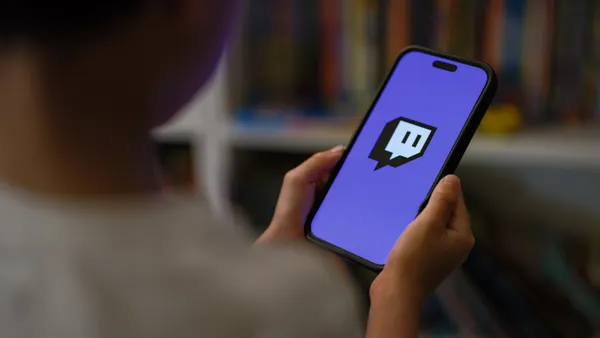Dive Brief:
- Grooming and shaving products brand Harry's debuted a three-minute short film titled "A Man Like You" to run on its social media and digital channels in the U.S. and U.K., per news made available to Marketing Dive. The film focuses on the message of what it means to be a man today and includes the hashtag #WhatMakesAMan.
- The creative depicts an alien who lands on earth and asks a young boy to help him learn how to be a man. The boy shows him how he should walk and tells him things he should know about, like cars. Through the journey, the boy realizes that the rules imposed on men today are often outdated and limiting, and the story ends on the line, "The truth is, there's no one way to be a man."
-
Harry's created A Man Like You in partnership with The Representation Project, an organization that focuses on challenging and overcoming stereotypes, and the brand's new creative partner, the Austin-based firm GSD&M.
Dive Insight:
Harry's #WhatMakesAMan aims to create emotional resonance with consumers by breaking down traditional notions of masculinity through a narrative short film. While the company isn't alone in adopting a more gender-progressive tone in its marketing, it's interesting that the effort is coming from a brand in the razor category, which is typically defined by more traditional, macho-type messaging targeted at men.
It's yet another way that Harry's might distinguish itself from established CPG labels like Proctor & Gamble's Gillette. Harry's and similar digital-first upstarts like Dollar Shave Club have successfully used humor and social media to connect with younger consumers and disrupt the razor and grooming industry as purchasing habits shift online and to e-commerce sites. Retail sales of razor blades for men and women dropped 10.5% to $2.13 billion as of mid-2017, and many legacy players have continued to struggle to keep up. Unilever responded to this competitive threat by purchasing Dollar Shave Club for $1 billion back in 2016.
Harry's latest push echoes recent campaigns from other male-oriented marketers, including one from Unilever's Axe called "Is It OK for Guys?" That effort, launched last year, looked to "break the cycle of toxic masculinity" in a pivot away from the brand's previous messaging strategy, which was sometimes criticized for being sexist. Forgoing gender stereotypes appears to be an increasingly winning tactic for marketers, as 79% of women and 75% of men surveyed favor brands that promote gender positivity, according to research from Facebook.












